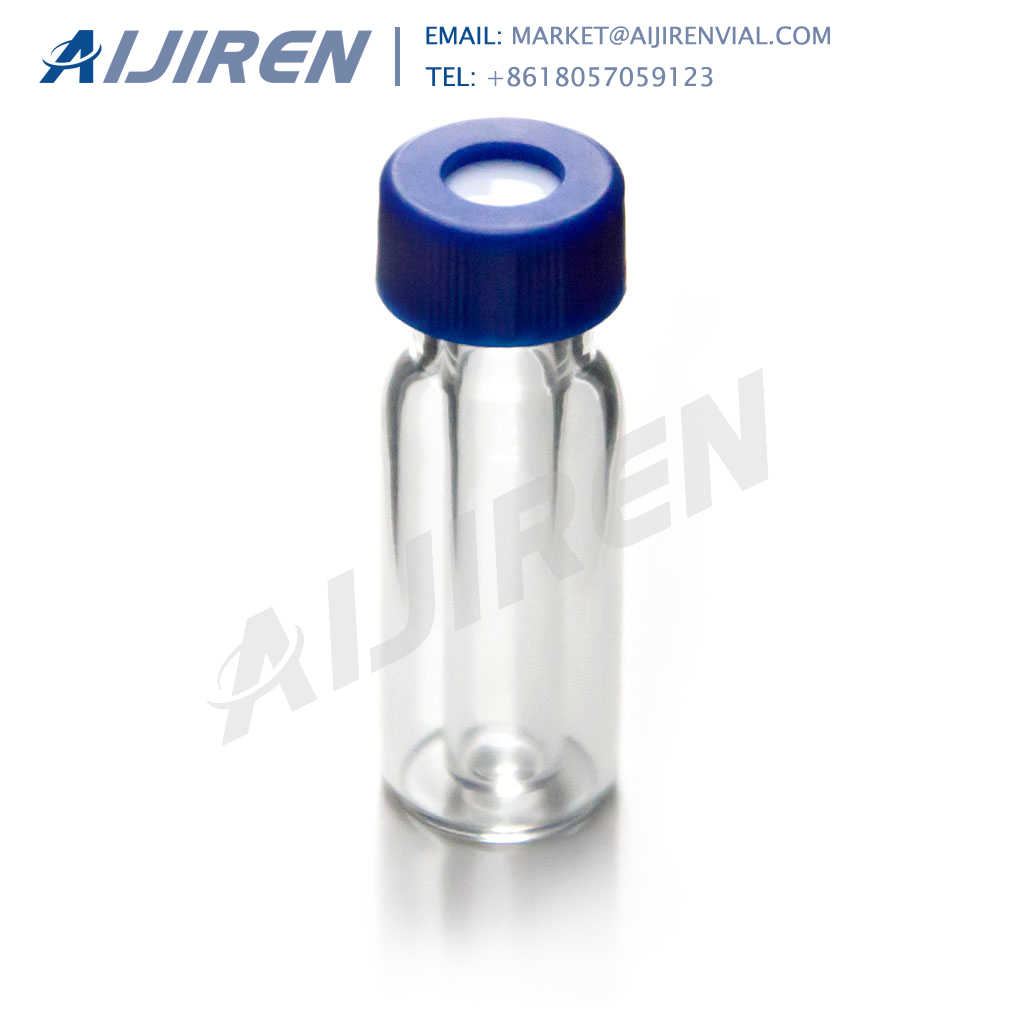
For a more flexible protocol, centrifugal devices with a microporous membrane, such as Ultrafree®-MC centrifugal devices, hold the sample and affinity resin in a filter basket, thus creating a “home-made” mini-spin column. These devices combine the high efficiency of batch binding and washing with the handling convenience of a mini-spin
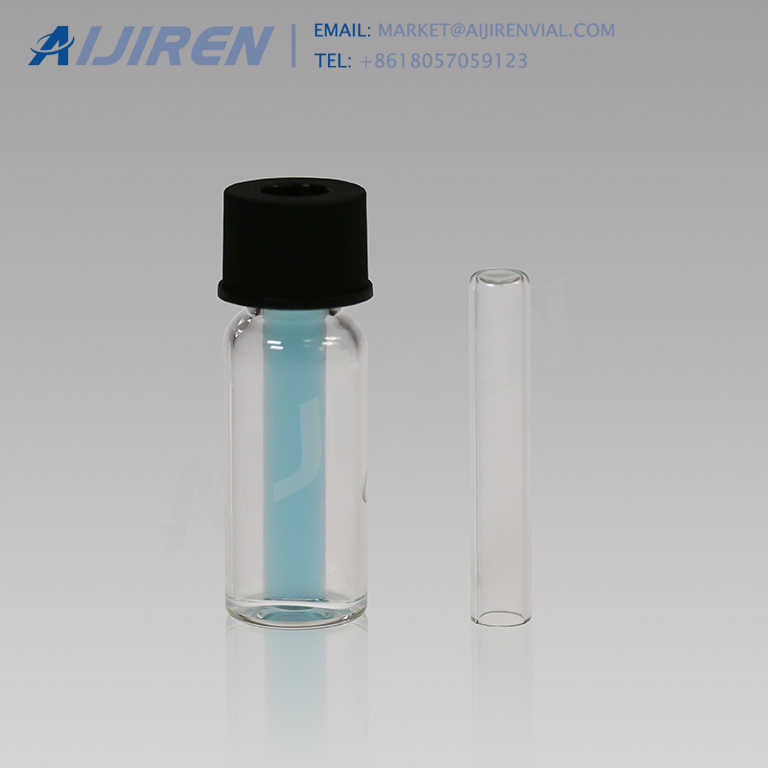
4.6 Filter membranes: 4.6.1 Use membrane filters with a rated pore diameter such that there is complete retention of coliform bacteria (0.45 + 0.02 um). Use onl y those filter membranes that have been found, through adequate quality control testing and certification by the manufacturer, to exhibit full
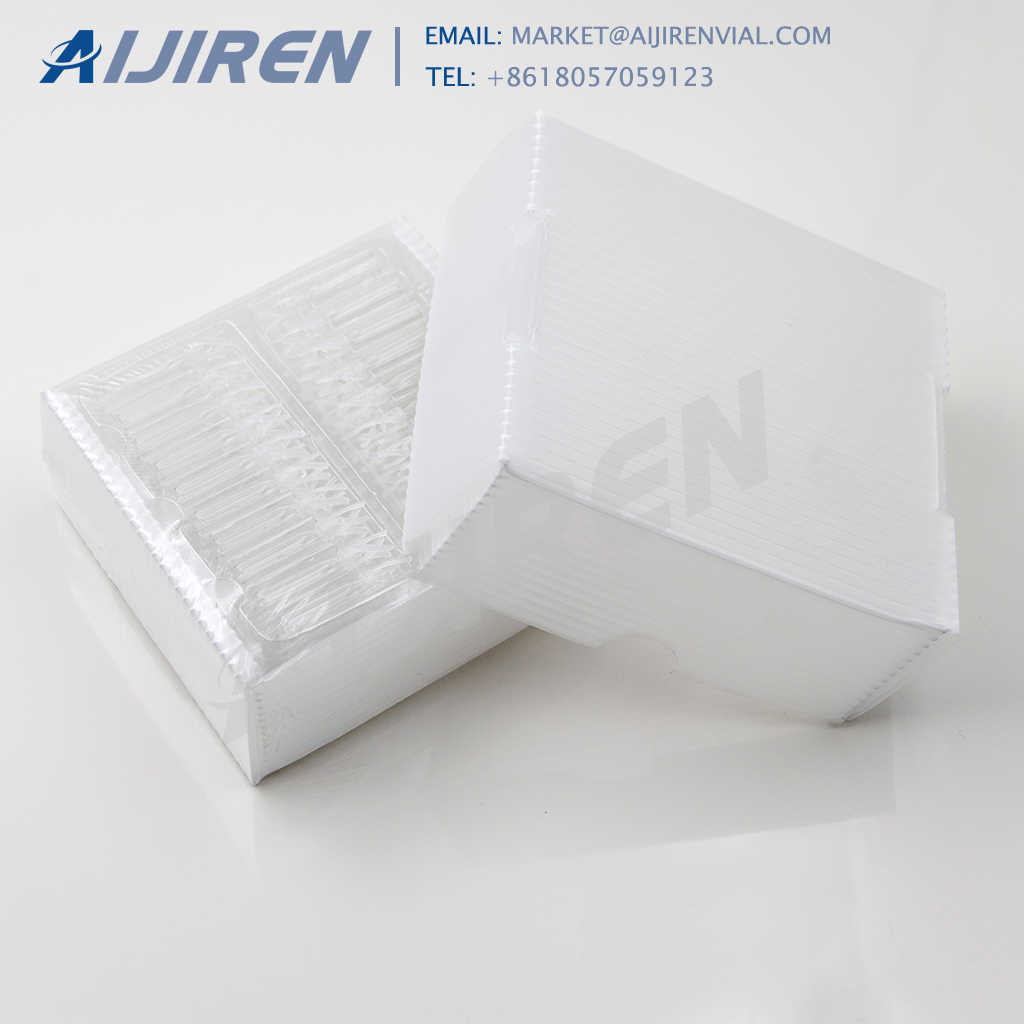
biological fluids and gases is usually done with 0.2 or 0.22 µm pore filter membranes. Clarification and prefiltration of solutions and solvents is best accomplished with 0.45 µm or larger filter membranes. Prefiltration to improve filter performance can also be accomplished by the use of glass fiber prefilters that can be purchased separately.

Jan 13, 2022 · Open a bottle of sterile Buffered Dilution Water. Invert the sample container in a waist-to-ear motion, approximately 25 times (for 30 seconds). Use a sterile pipet to add 11 mL of sample into the dilution water bottle. Put the cap on the dilution water bottle. Invert the bottle in a waist-to-ear motion, approximately 25 times (for 30 seconds).
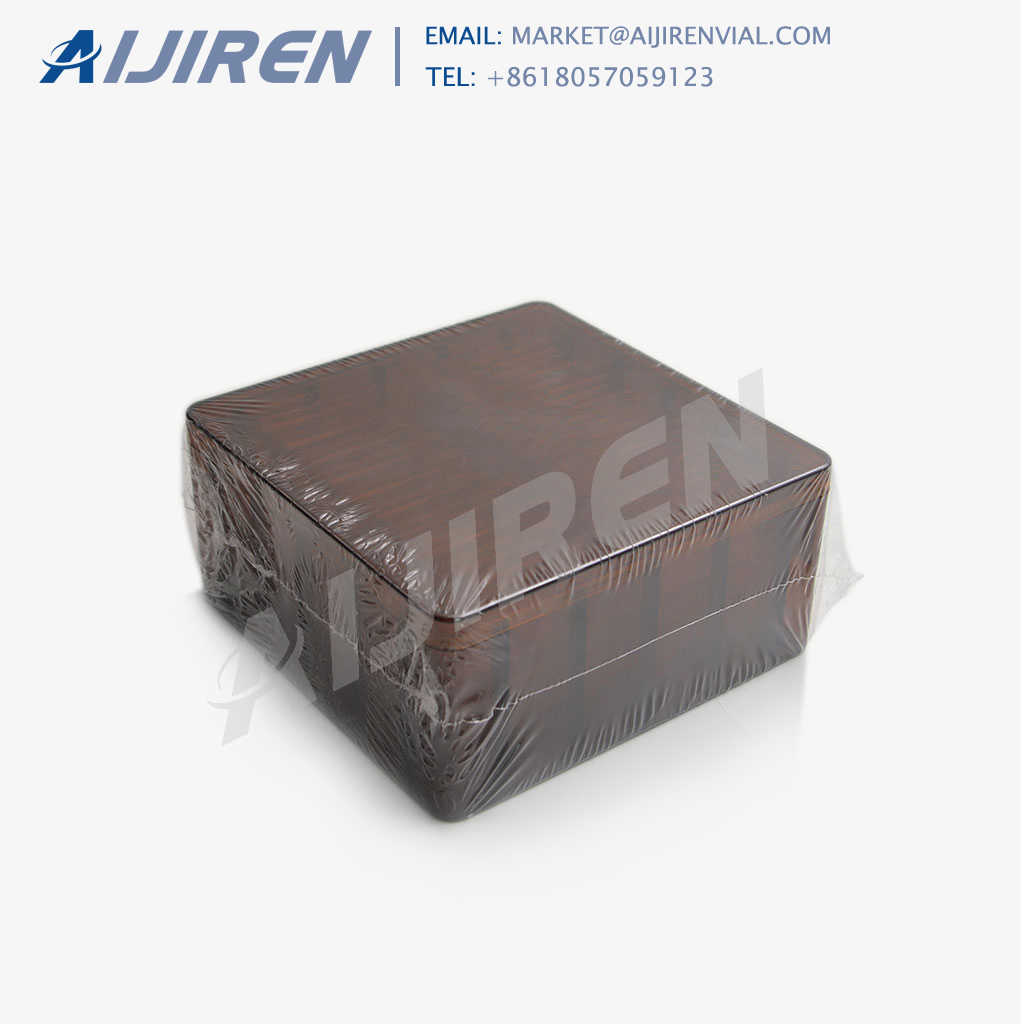
Filtration through a membrane with 0.2 micron or smaller pore size removes biological contaminants, including bacteria, mold and yeast. Filter materials typically used in the sterilization of liquids include nylon, polycarbonate, cellulose acetate, polyvinylidene fluoride (PVDF, Durapore® membrane), and polyethersulfone (PES).
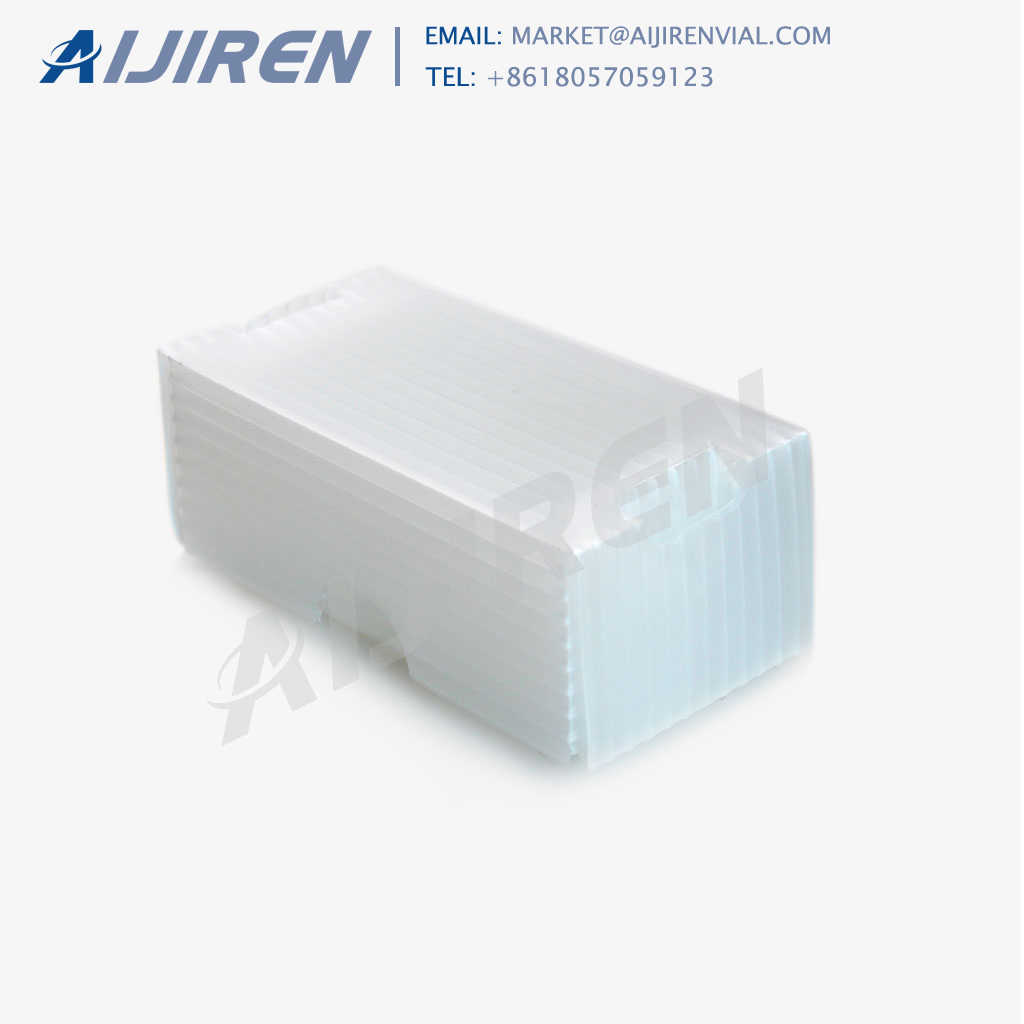
Sterile membrane filtration units (filter base and funnel), glass, plastic, or stainless steel, wrapped with aluminum foil or kraft paper. 6.8. Ultraviolet unit for sanitization of the filter funnel between filtrations (optional) 6.9. Line vacuum, electric vacuum pump, or aspirator for use as a vacuum source (In an emergency or
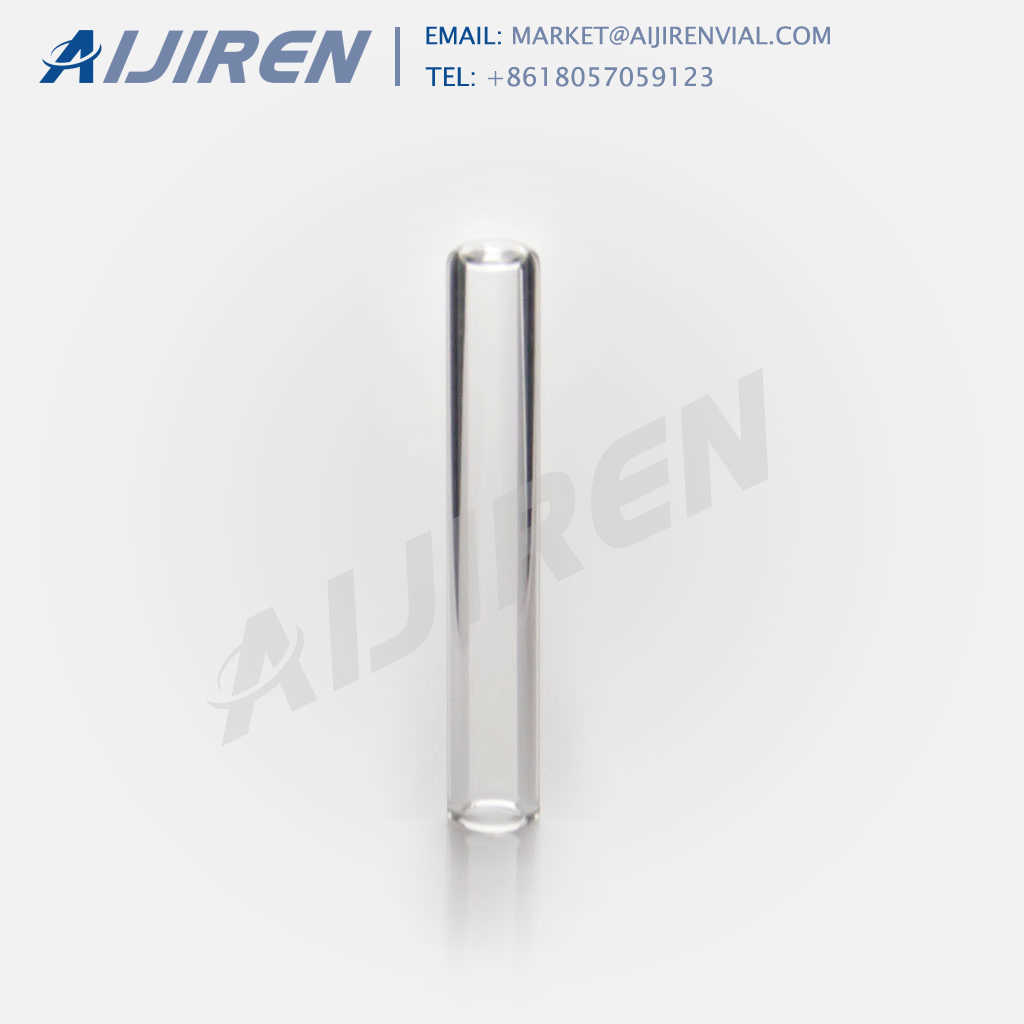
After concentration, viral stock can be filter-sterilized using Ultrafree ® filter units. For highest recovery of infective viral particles, it is critical to select the proper ultrafiltration device, membrane filter, molecular weight cut off (MWCO), centrifugation speed, and centrifugation time. Centrifugal Ultrafiltration Devices
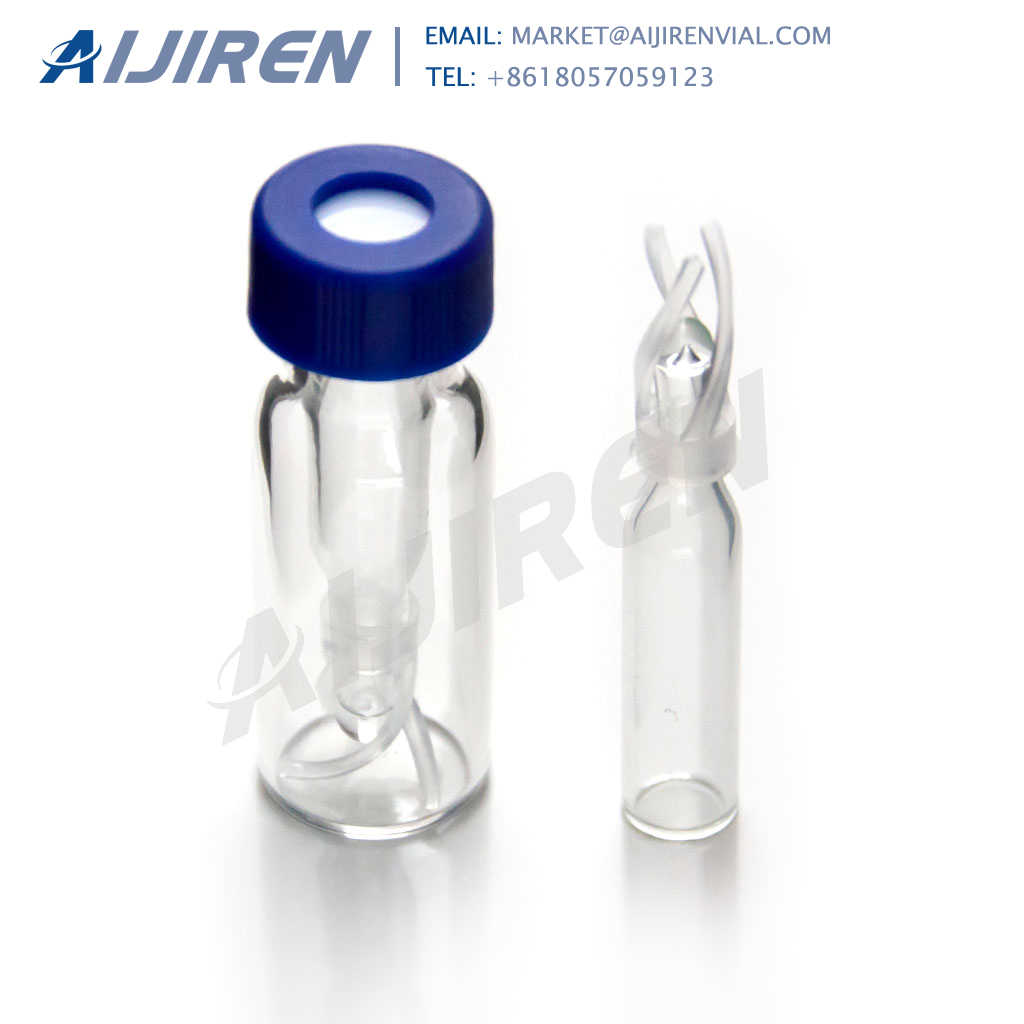
The Proven Performance of Our Sterile Membrane Filters Microbial and Particulate-Free Design Filtration is used to remove particulate and contamination from fluids. Filtering through a 0.2 µm pore size is considered necessary to generate a sterile filtrate. Solutions for filtration can range in volume from just a few milliliters to many liters.
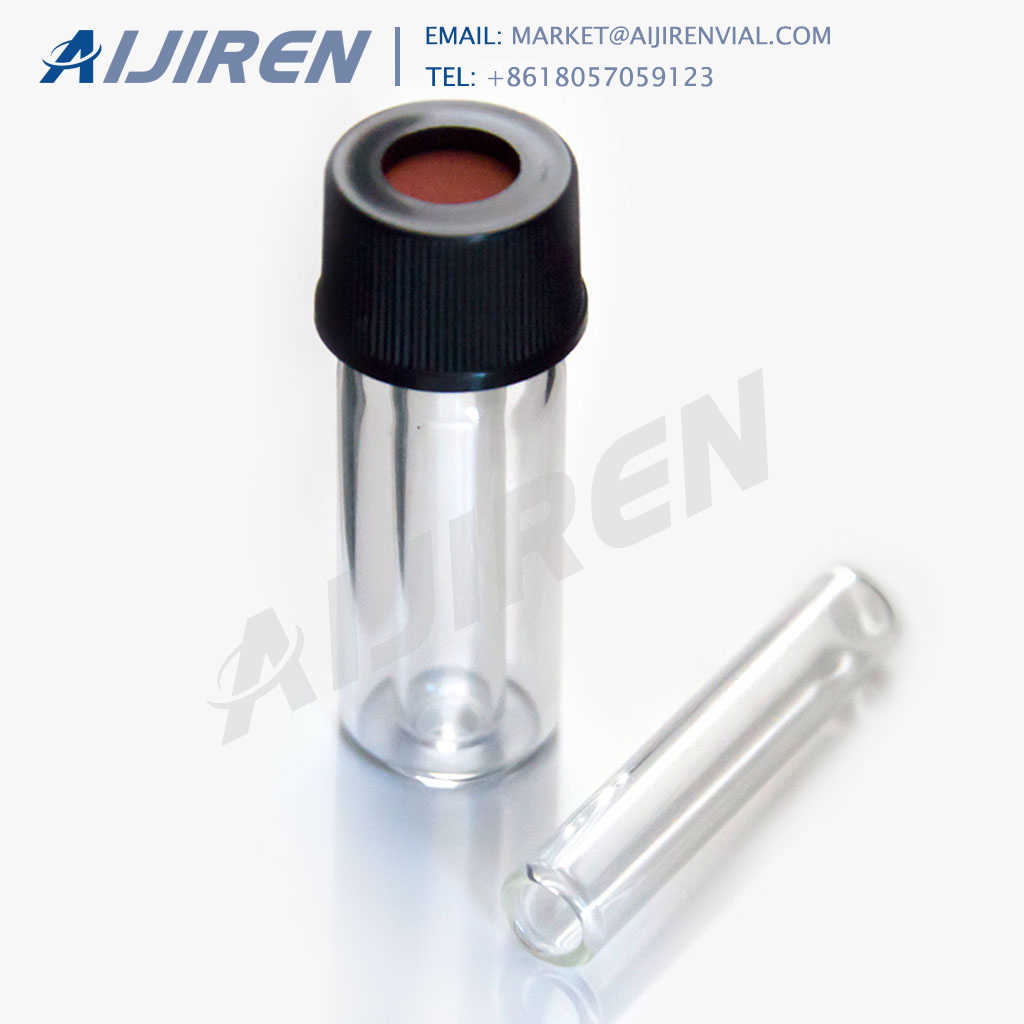
Aug 01, 2015 · This filtration column can be used for the detection of total coliform and fecal coliform bacteria from samples of water. The column is first connected to a vacuum pump. A nitrocellulose membrane is placed between the chamber and catchment vessels. The water sample is then poured into the chamber of the column. (Brian Forster and Catalina Arango Pinedo, Saint Joseph's University, Philadelphia, PA) Figure 3: Filtration Column used in membrane-filtration (Labeled view).
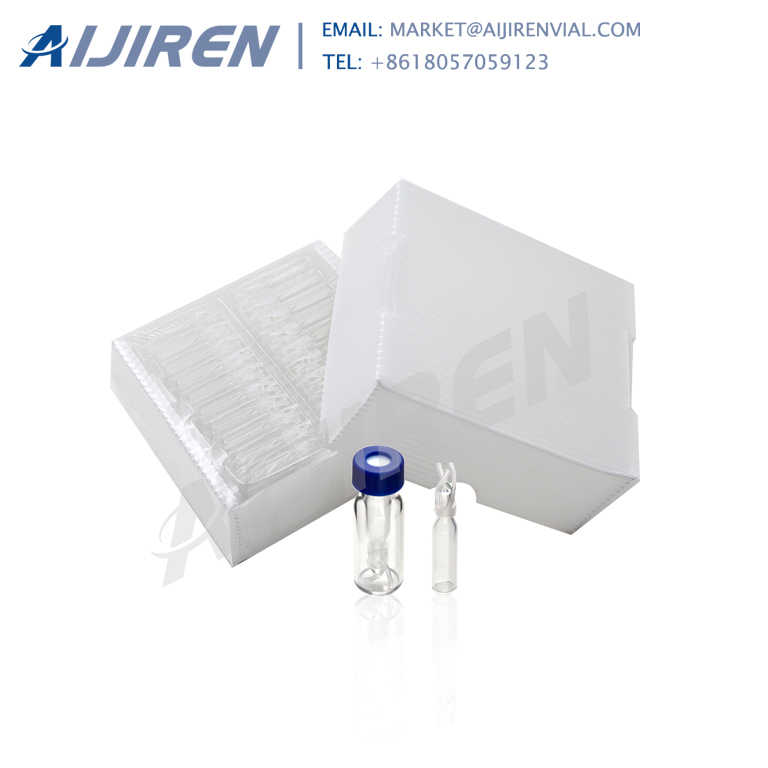
Oct 01, 2021 · 3.3.2. Thickness, porosity, and mean pore radius. The porosity (ε) of the membrane was measured following a protocol published by [].The gravimetric method determines the porosity of a membrane based on the difference between the wet and dry weights (w 1 and w 2) of a known membrane area A and thickness L as indicated in Eq.

Membrane Filtration The membrane filtration technique is used to examine water samples from different sources. An appropriate volume of the sample is filtered through a membrane with a pore size of 0.45 mm. The membrane is incubated on an agar plate. Bacterial (and other) cells trapped on the membrane will grow into colonies that can be counted, and a bacterial
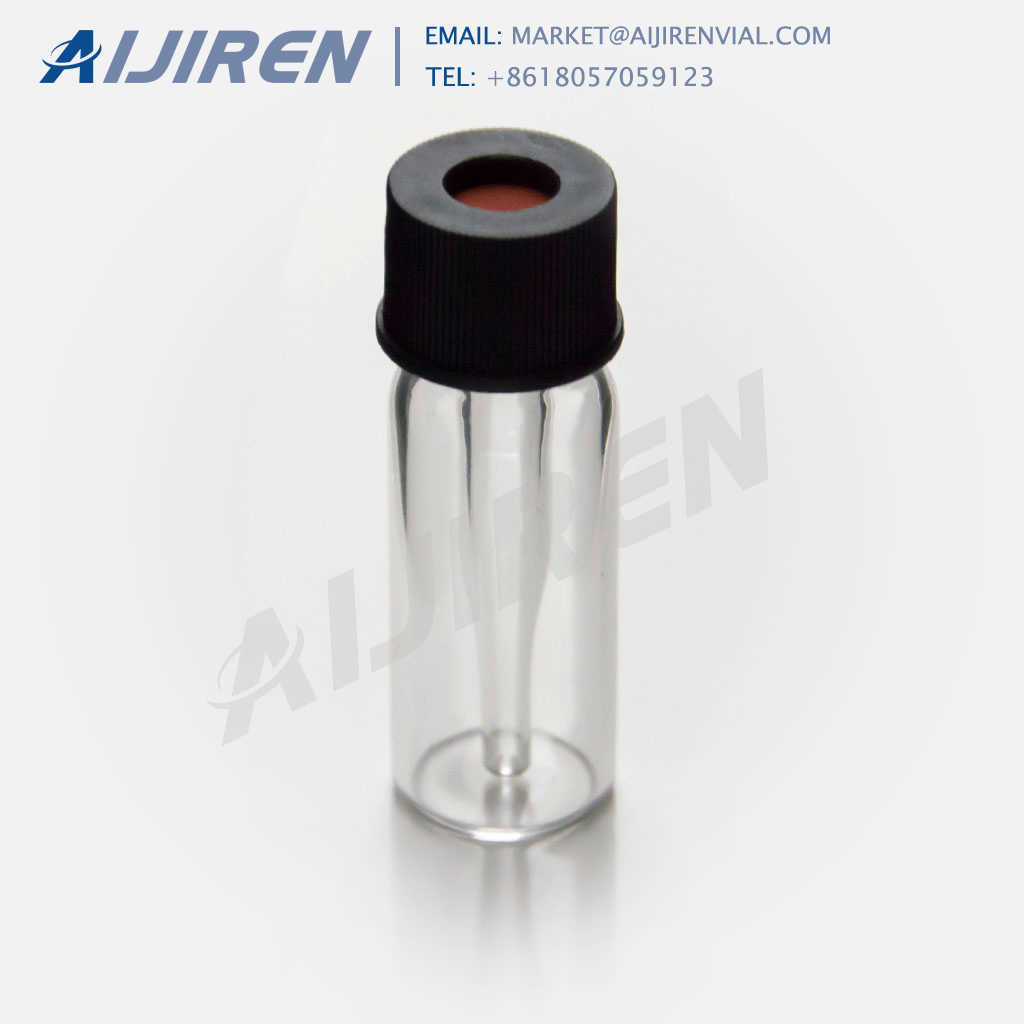
Note on the Membrane Filtration Guidance Manual Purpose The purpose of this guidance manual is to provide technical information on the use of membrane filtration and application of the technology for compliance with the Long Term 2 Enhanced Surface Water Treatment Rule, which would require certain systems to provide additional
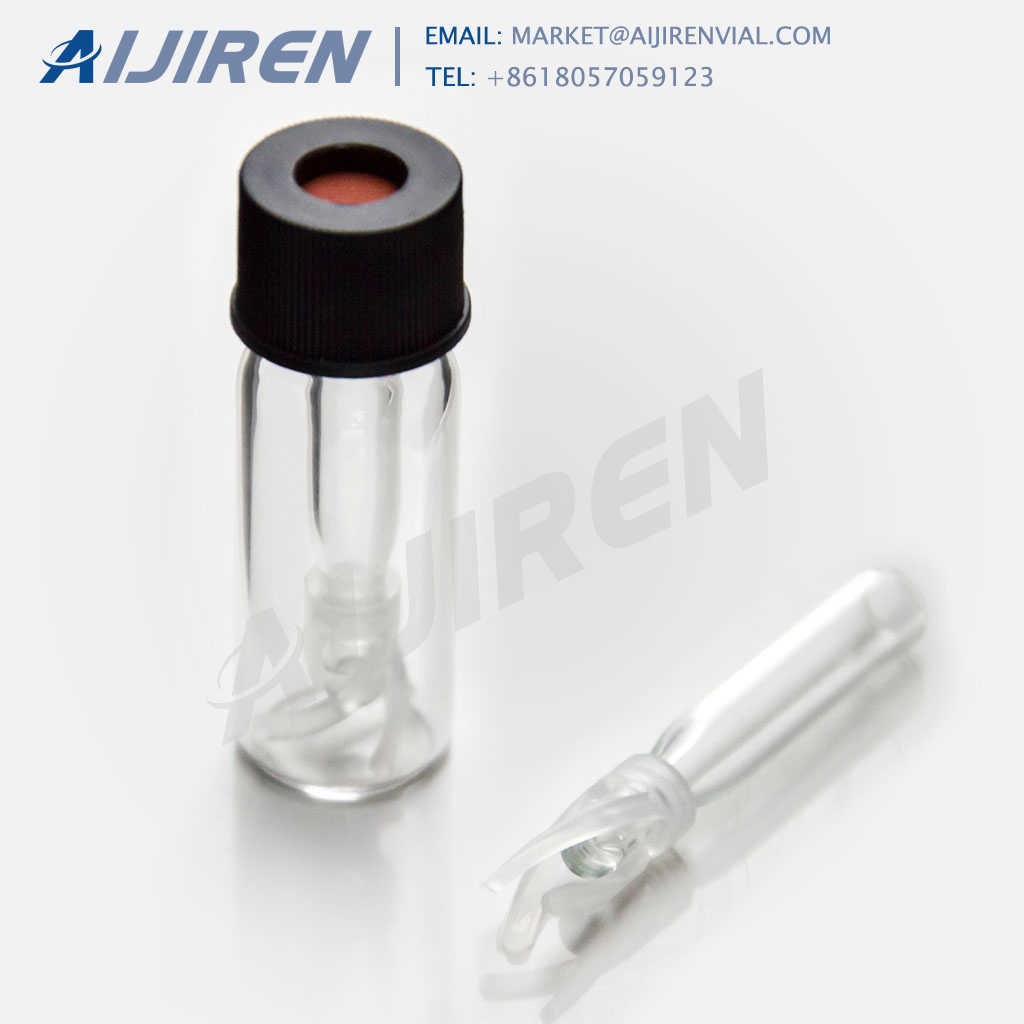
membrane area) in the appropriate Pellicon® holder. 3. Flush the system with water, clean with the appropriate cleaning agent (per appropriate maintenance guide), and flush again. Figure 2. Schematic of a TFF System Equilibration Procedure 1. Add 3 L/m2 of the appropriate buffer to the feed tank. Example: 0.1 m2 membrane area x 3 L/m2 = 0.3 L
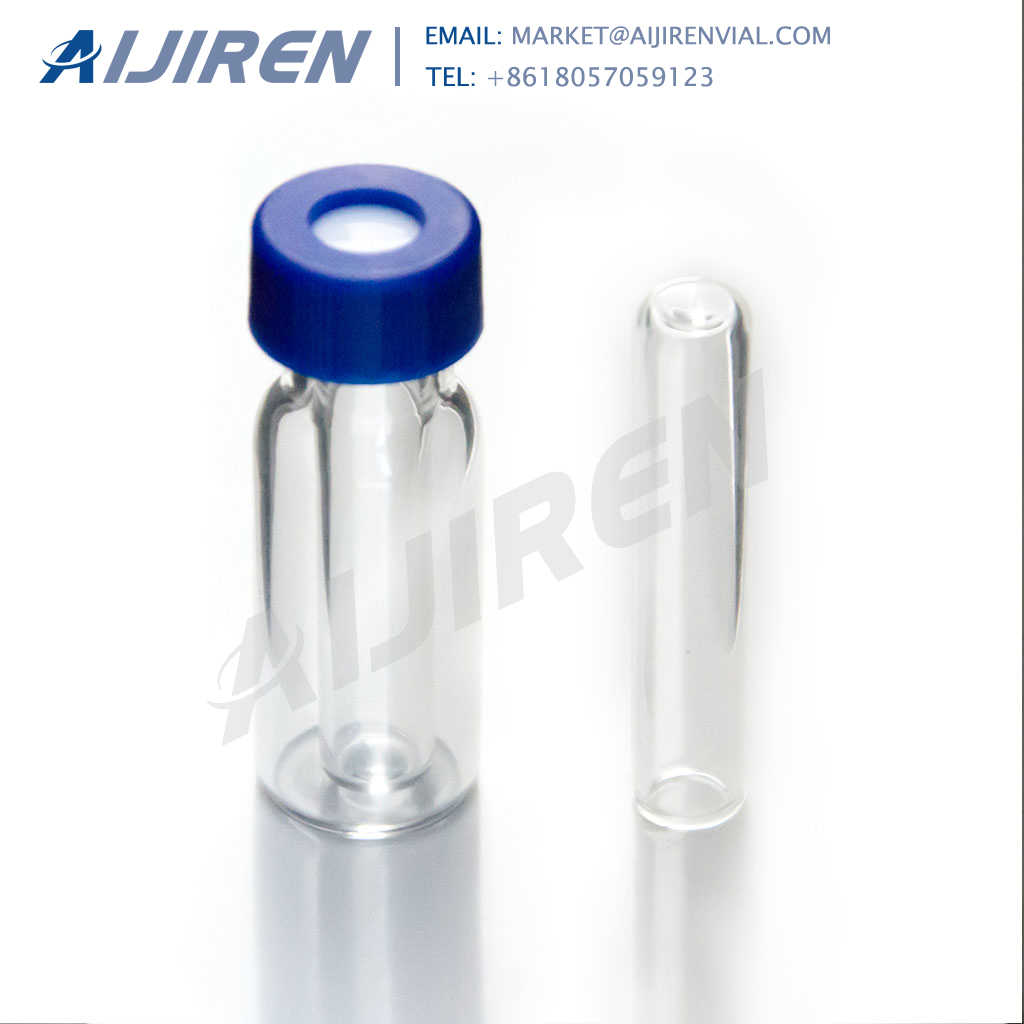
Oct 25, 2016 · Membrane filtration process is a physical separation method characterized by the ability to separate molecules of different sizes and characteristics. Its driving force is the difference in pressure between the two sides of a special membrane. Membrane technology enables you to bring down overall production costs, and boost product quality at

Membrane filtration technology provides an alternative to centrifugation. The patient's blood is pumped through a parallel-plate or hollow-fiber filter at a continuous flow rate, typically 50 to 200 mL/min (see Fig. 12-1B ). The membranes usually have pores of 0.2- to 0.6–μm diameter, sufficient to allow passage of plasma while retaining cells.